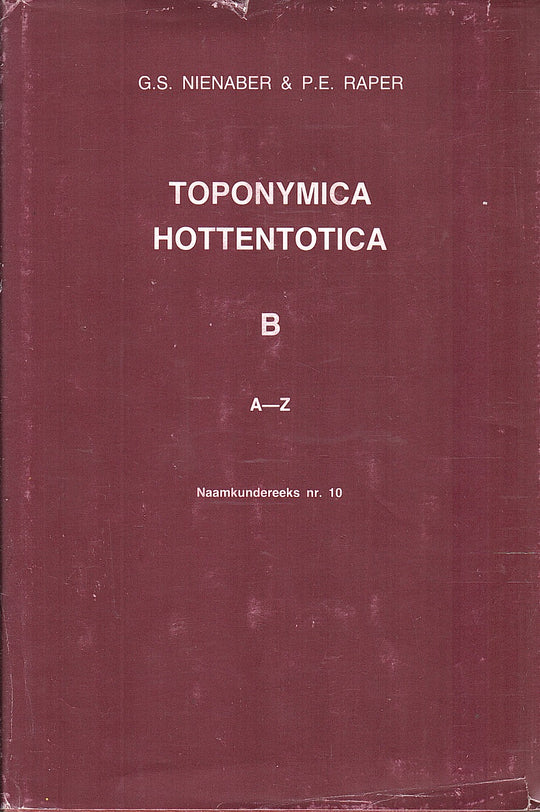Gaisis
Like Nama ǀ Geisi (Rhine Spelling for ǀ Gaisi) in Kr.-r. 1969 NW 106 = 'Hasslich', but also reinforcing for 'Sehr', eg. by fear or fright. 'Fearing' or 'ugly / hateful (waterhole)' as a statement rests on a Khoekhoian word with lateral suction consonant, as with Mrs. Schatz, while Dr Hartmann heard the cerebral slap. The old alternative name is still life, but now with a deviant sucking, well based on new singing (nation sedimization). The Hereronaam Otjikoto (in Ondanga Oshikoto) is declared 'der Abgrund' (Kohler), 'Einsturz- Becken' (Mrs. Schatz). We find no good relationship between the Herero and Khoekhoian names with the given meanings. The question After the meaning of this gaisis, OI still remains open. It should be borne in mind that the 'Buschleutes' speak in this area Khoekhens.




